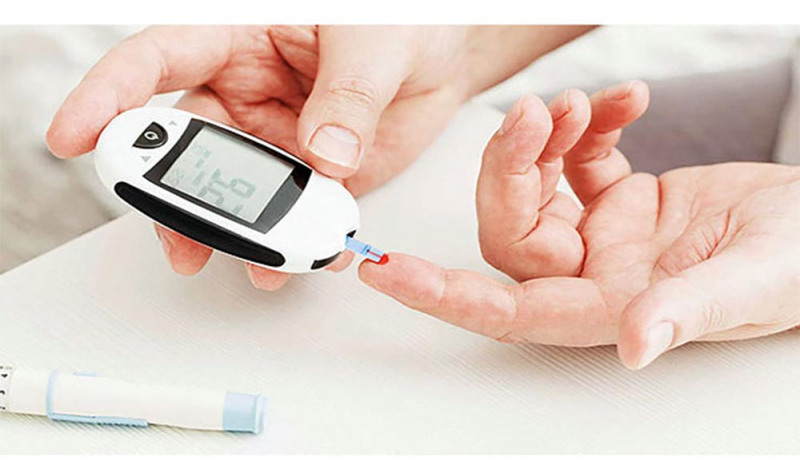- Dhaka Tops Global Pollution List with Hazardous Air |
- Country Observes Martyred Army Day Today |
- 100 CSOs rally against Trump’s trade tactics, urge access to drugs |
- BNP believes in multiparty democracy, not revenge: Moyeen Khan |
- Bangladesh reaffirms commitment to revitalise SAARC process |
Risk, care for type 2 Diabetes?

Diabetes type 2 can affect people at any age.
Diabetes type 2 can affect people at any age. You can develop type 2 diabetes at any age, even during childhood. You are more likely to develop type 2 diabetes if you-
Do you have diabetes symptoms?
You may have diabetes for years before you have symptoms. Symptoms caused by high blood sugar or include:
Increased urination, Extreme thirst, Hunger, Fatigue, Blurry vision, Irritability, Frequent or recurring infections, Poor wound healing , Numbness or tingling in the hands or feet . Problems with gums, Itching, Problems having an erection,
To reduce your chances of developing type 2 diabetes:
Participate in regular physical activity. Physical inactivity is a key modifiable risk factor for prediabetes and Type 2 diabetes. Regular physical activity helps lower insulin resistance.
This means your body can use its own insulin more effectively. Even a brisk 30-minute walk at least five days a week has been shown to significantly reduce the risk of diabetes and heart disease. For your overall cardiovascular health, aim for:
# Maintain a healthy weight: Being overweight or obese increases your risk of developing diabetes. Losing 5% to 10% of your body weight-in addition to getting regular physical activity-can significantly reduce your risk of developing diabetes. Your risk decreases even more as you lose more weight.
# It's important to eat healthy foods in the right amounts. Diet is one of the most important modifiable risk factors for prediabetes and Type 2 diabetes. Eat a well-balanced diet:
# Get enough fiber
# Avoid fatty foods.
A healthy diet should also replace saturated fats with monounsaturated and polyunsaturated fats, avoid trans fats,
# limit red and processed meats, refined carbohydrates and sweetened beverages.
# Limit sugar intake
# Eat more green, leafy vegetables
#Eat whole fruits, especially apples, grapes and blueberries.
Stress and well-being: Everyone feels stress, but people react differently. Managing the stress in our lives is an important part of healthy living, not only for diabetes but for heart disease and many other conditions.
Sleep: Adults should get seven to nine hours of sleep a night. Sleep benefits your whole body, including your heart and brain. It improves mood, memory and reasoning. Research also has shown that too little or too much sleep is linked to a high A1C in people with Type 2 diabetes.
When to see your doctor
The American Diabetes Association recommends routine screening with diagnostic tests for type 2 diabetes for all adults age 45 or older and for the following groups:
# People younger than 45 who are overweight or obese and have one or more risk factors associated with diabetes
# Women who have had gestational diabetes
# People who have been diagnosed with prediabetes
# Children who are overweight or obese and who have a family history of type 2 diabetes or other risk factors.

